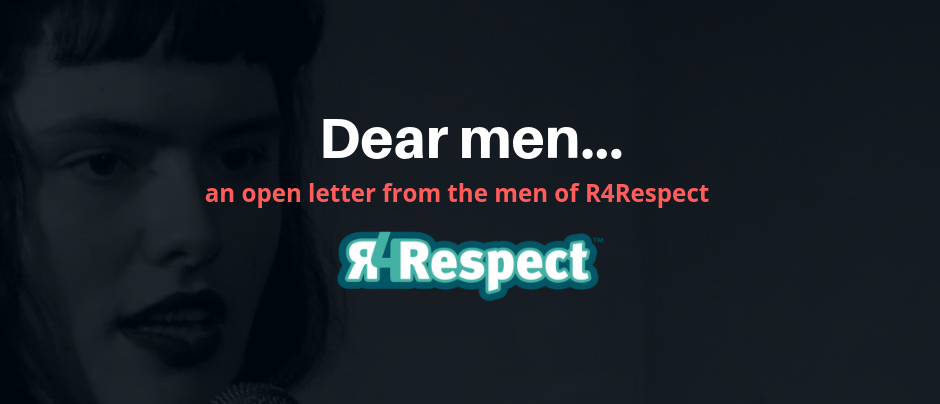We have been unsure of what to say about the events of the last week. Though violence against women is not an uncommon occurrence in Australia, the outrage following the rape and murder of Eurydice Dixon last week has sparked a national debate which we’ve had before, and will definitely have again.
After news broke, police urged women to take responsibility for their safety1. Somehow now it was her fault or lack of situational awareness which led to her rape and murder. But the truth is, we know that she did have her phone on her, she did send texts to make it known she was okay. The victim blaming that shows its ugly face every time this happens tells women that this is their problem and not ours, as men.
We know that the media and other areas of society condone violence against women by creating a discourse on victim-blaming, but this has broader ramifications on society and helps recreate the problem. An OurWatch survey released in 20172 revealed that 1 in 5 young people believe women are partly responsible for unwanted sexual attention if they are drunk or affected by drugs. 1 in 5 think that males should be the head of the household. 1 in 5 young people believe that putting pressure on women to do sexual things is okay. It is our obligation as men to teach men and boys how to be allies for women and to respect women as early as we can. We should not be feminists because we have mothers and sisters; we should be feminists because women deserve respect, equality and safety.
Nearly all violent crimes are committed by men3. One woman is murdered by a current or former partner each week4. 1 in 5 women has been sexually assaulted and/or threatened by age 15. 1 in 6 women were physically and/or sexually abused before the age of 15. Statistics take the humanity out of the conversation, but it’s important to remember that this is a crisis and it is society wide.
Men need to change. We need to call out our mates on their sexism. We need to call out our mates on their violence. We need to challenge those in our lives who condone violence against women. We need to stop trying to live up to this idea of ‘being a man’ as ‘in control’ and strong, but become more empathetic and caring. We must listen to the women in our lives in this time, hear their stories and listen to them. We must commit to never choosing to use violence against anyone. We must commit to seeking full, informed consent in all aspects of life from non-sexual to sexual interactions.
‘Having a conversation’ is useless if it’s not backed up with action. Though we welcome a bigger conversation on masculinity in Australia, if we continue to follow the status quo women will still experience abhorrent crimes at the hands of men.
Regards,
The men of R4Respect
1 Fileborn, B. (2018). ‘Stay safe’: why women are enraged by advice to steer clear of violent men. The Conversation. Available at: https://bit.ly/2M7RaN6
2 The Line (2017). Tracking Change: midterm snapshot evaluation findings for The Line campaign. Available at: https://www.ourwatch.org.au/getmedia/4aee829c-4478-42a4-83fc-b39781cfcdb8/The-Line-Tracking-Change-Midterm-Snapshot-Report-FINAL.pdf.aspx
3 Alcorn, G. (2018). Eurydice Dixon: how one woman’s death put focus on ‘male rage’ in Australia. The Guardian. Available at: https://www.theguardian.com/australia-news/2018/jun/19/eurydice-dixon-death-male-rage-australia-women-men-attitudes
4 Australian Institute of Health and Welfare (2018). Family, domestic and sexual violence in Australia, 2018. Available at: https://www.aihw.gov.au/reports/domestic-violence/family-domestic-sexual-violence-in-australia-2018/contents/table-of-contents

